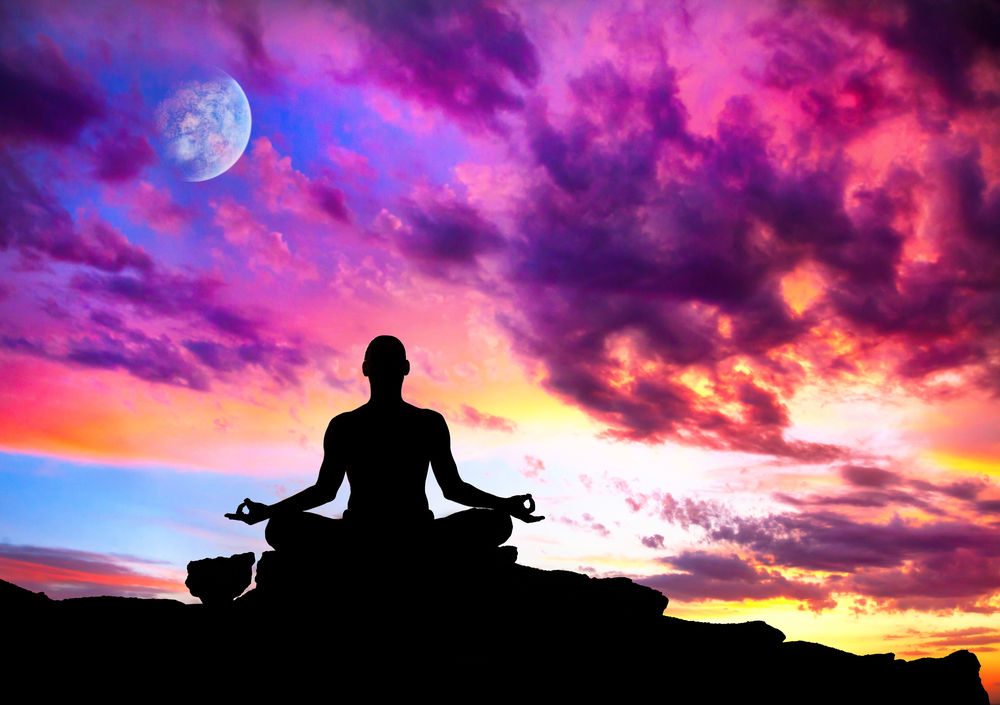

Around 40 million Americans suffer from chronic sleep disorders and about 20 million more suffer short-term insomnia. Lack of sleep can have significant impact on the body, damaging the immune system, the nervous system and impairing our memory, cognitive abilities and our ability to concentrate. There are five stages of sleep, and we must reach the levels of deep sleep in order for our bodies to regenerate and repair themselves. Read more about “How Sleep Heals.”
Antihistamines
With over 70 different sleep disorders, many Americans turn to sleeping pills to get some rest – but this presents its own dangers. Those suffering from short term sleep problems often turn to over-the-counter (OTC) sleep medications, most of which contain antihistamines. While not addictive, these OTC sleep aids can leave you feeling tired and groggy.
Hypnotics
Prescription medications, called hypnotics, are often prescribed for those more chronic cases. Zolpidem (Ambien), Zaleplon (Sonata), Eszoicolone (Lunesta), and Ramelteon (Rozerem) must be prescribed by your physician, as these drugs are addictive and may become habit-forming. Medline Plus recommends those suffering from insomnia to try and avoid taking sleeping pills for more than three days a week and do not mix them with other medications without discussing with their physicians. Stopping these medications suddenly can also cause symptoms of withdrawal, so they should be stopped slowly, over time. Side effects from hypnotic sleep medication can include drowsiness, dizziness, confusion, memory problems and balance issues.
Luckily, there are many things we can do to improve our sleep.
6 Ways to Improve Your Sleep, Naturally
- Massage therapy has been shown to have significant, positive impact on our sleep quality. So go get a massage!
- Yoga or Thai Chi really promote relaxation and reduces stress, which helps improve sleep quality. The movements in both these forms of exercise stretch tight muscles, bringing about a feeling of peace by combining meditation and systematic movement.
- Try essential oils. Diffuse some Lavender, Vetiver or Roman Chamomile into your space to promote relaxation. Put a few drops into your bath or create a blend in a carrier oil, then put a few drops on pulse points about 30 minutes before bed. This works wonderfully with children and adults.
- Meditation is a wonderful tool for improving quality of sleep. Mediation can be as simple as sitting quietly for five minutes while concentrating on your breathing or can be a more complex series of focused sessions – it depends entirely on your preference.
- Place a hot pack on your low back or shoulders to bring about a feeling of relaxation. This is especially healthful in winter and works even better when adding a bit of essential oil to increase the relaxation!
- Supplements offer relief for many. Herbs and supplements such as kava kava, valerian or melatonin may offer relief. Natural Wellness’ Fast Asleep contains melatonin, and Stress Relief contains valerian root powder. Each person’s health history is different and any herbs or supplements should be discussed with your physician.
While it is common to suffer from short term insomnia, there are healthy options to improve your quality of sleep without taking potentially dangerous hypnotic sleep medications. Try these tips today for a good night’s sleep tonight!




